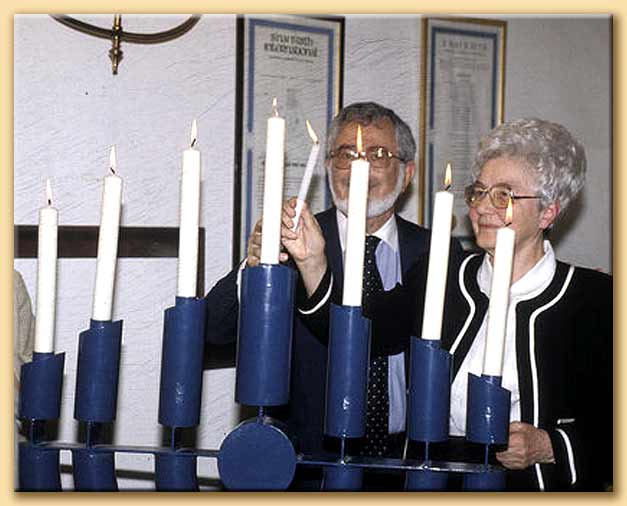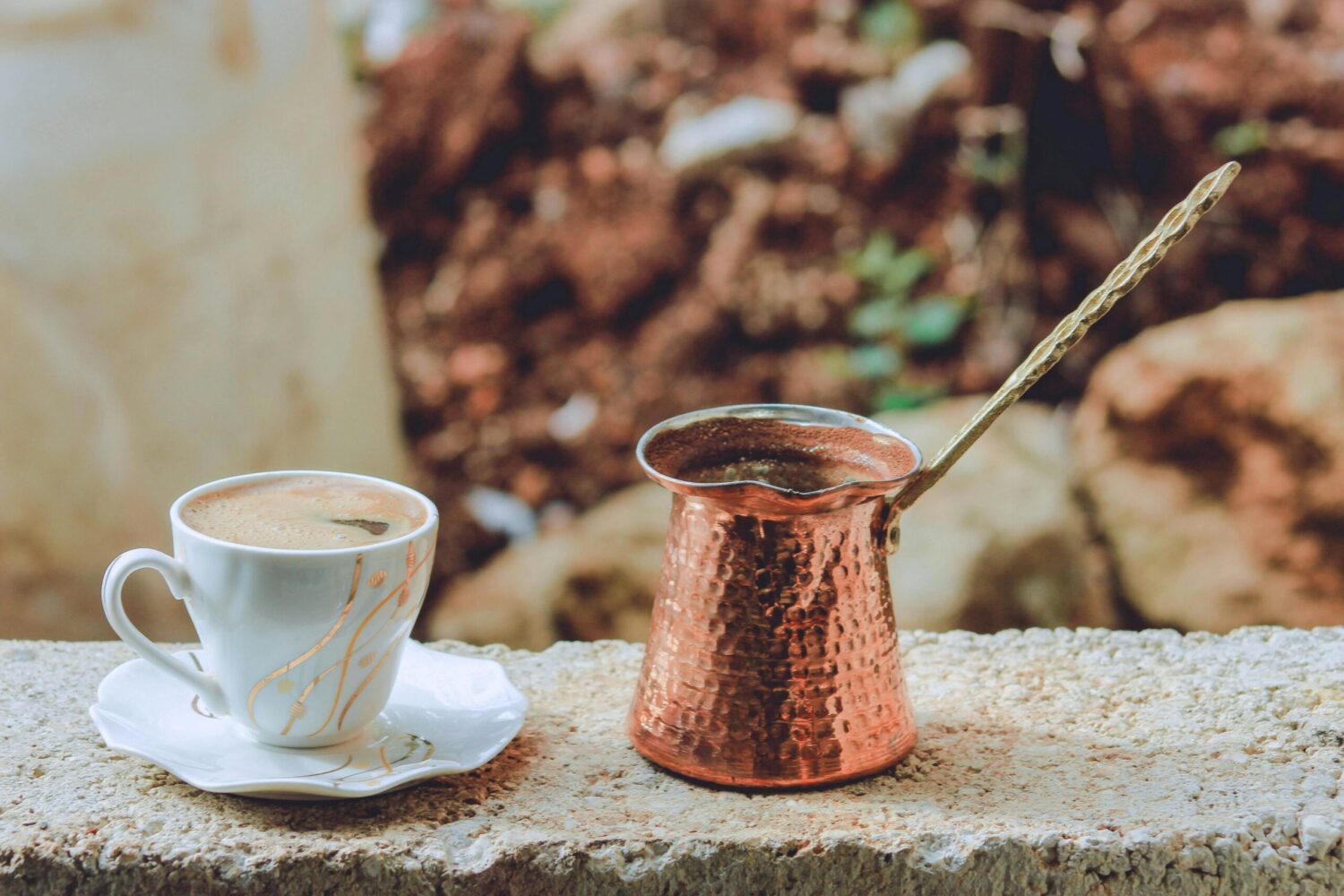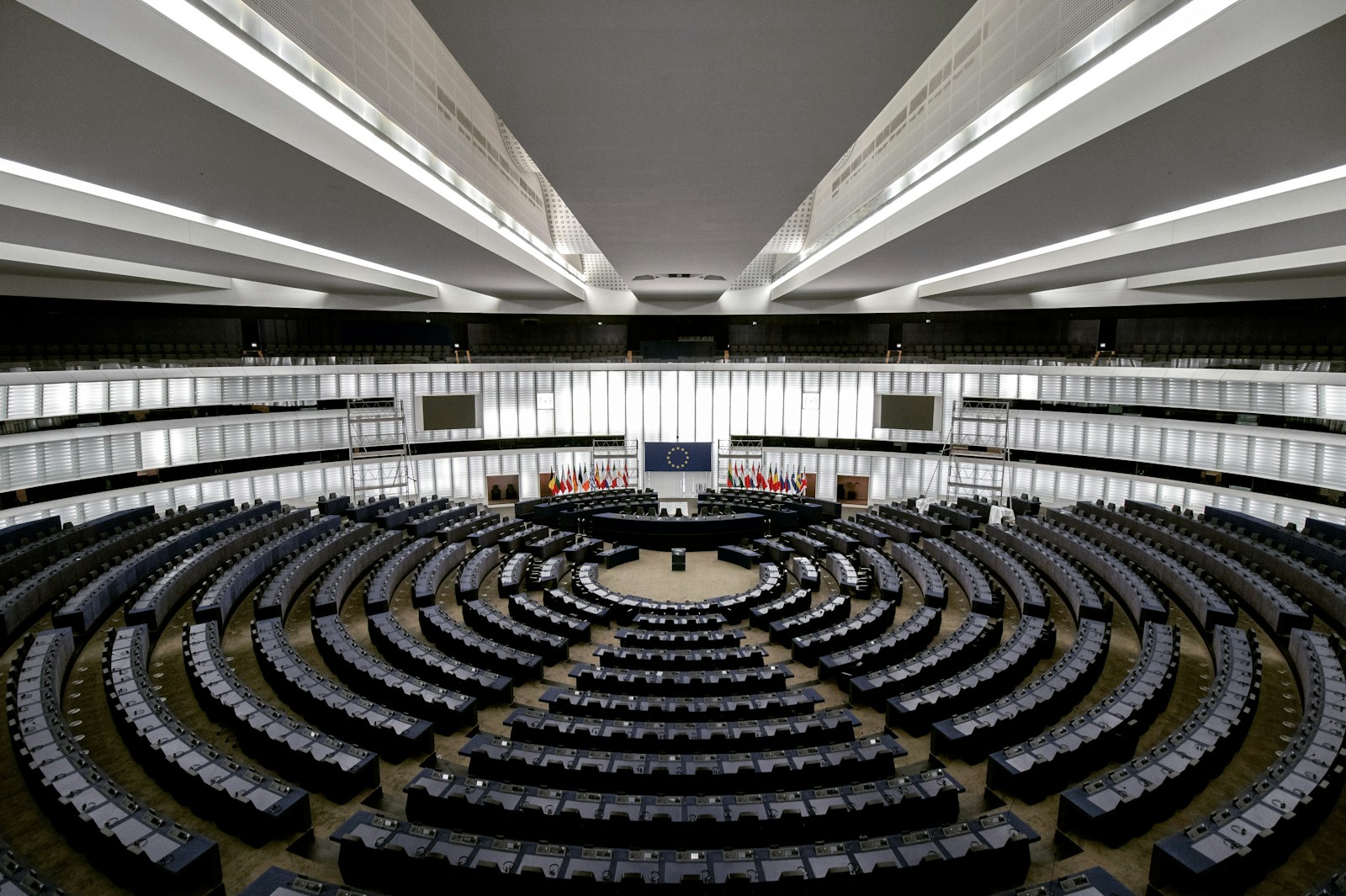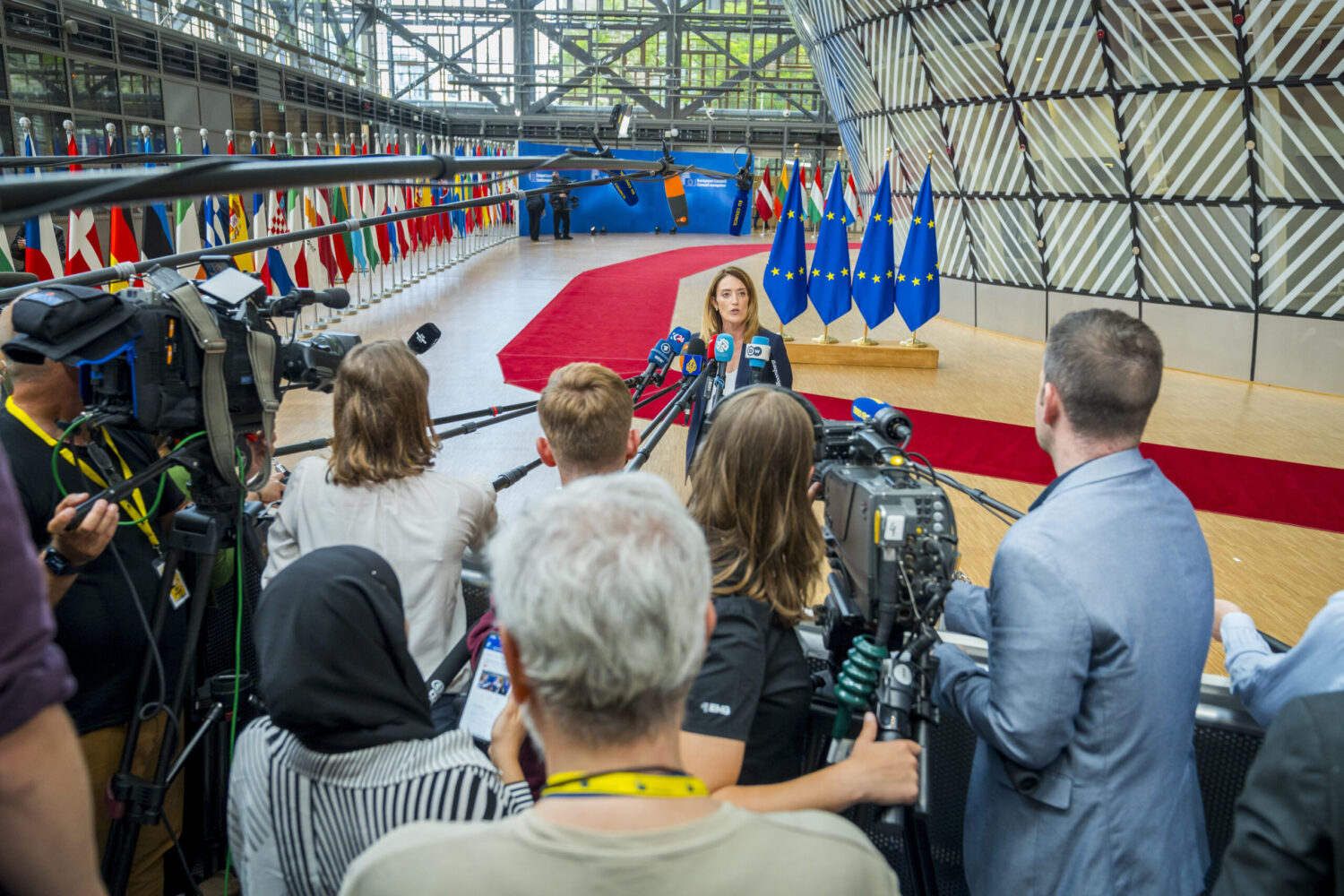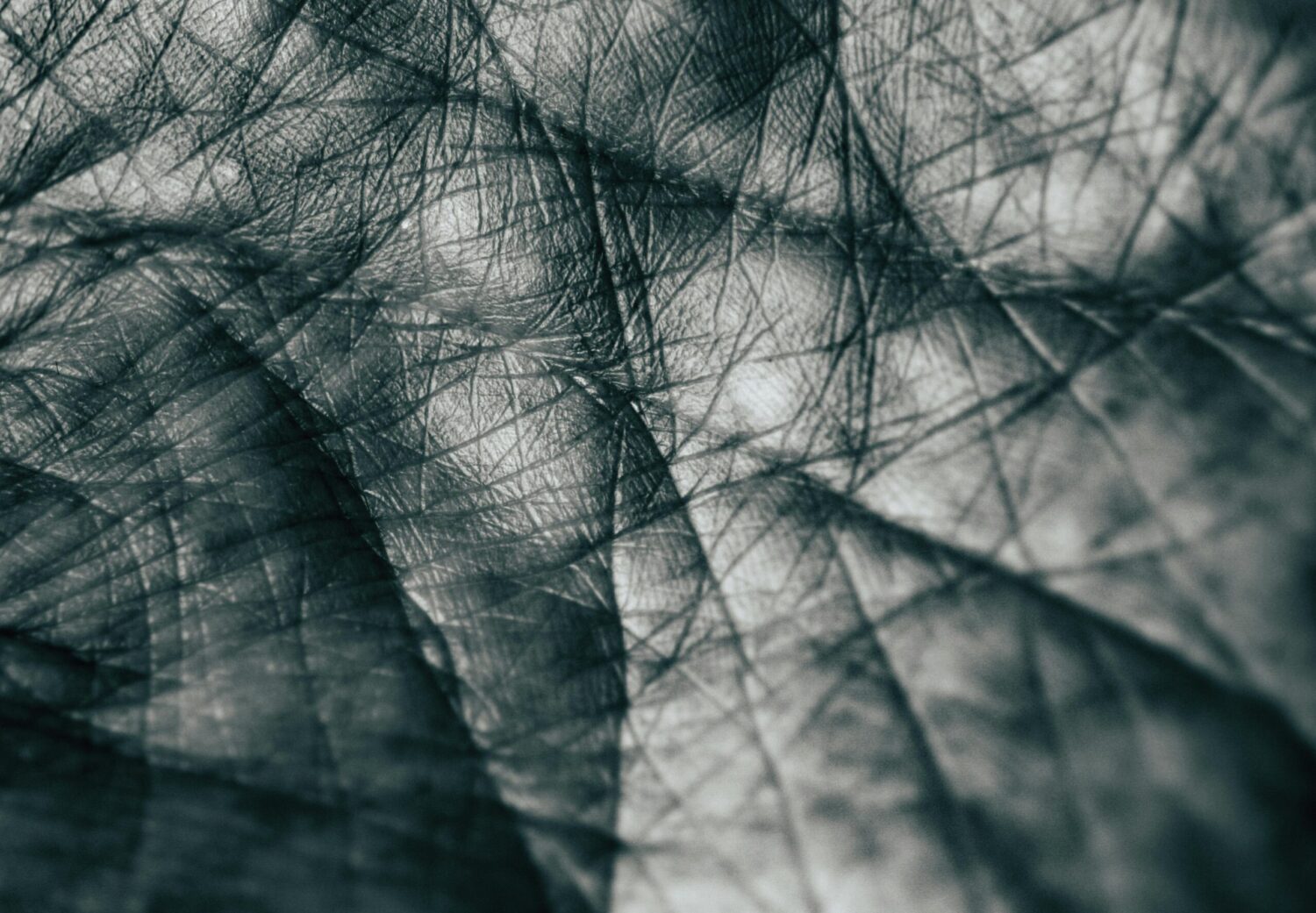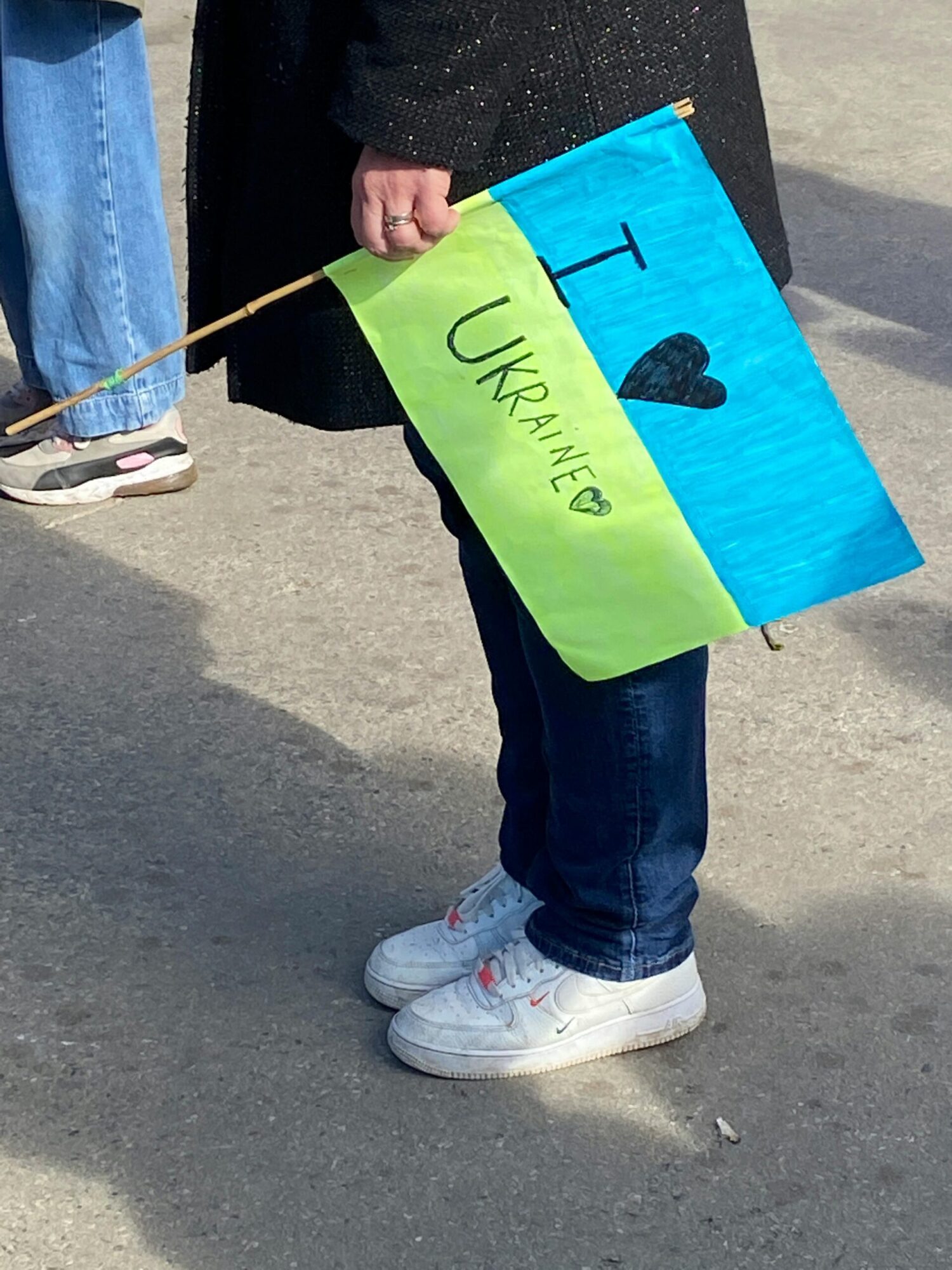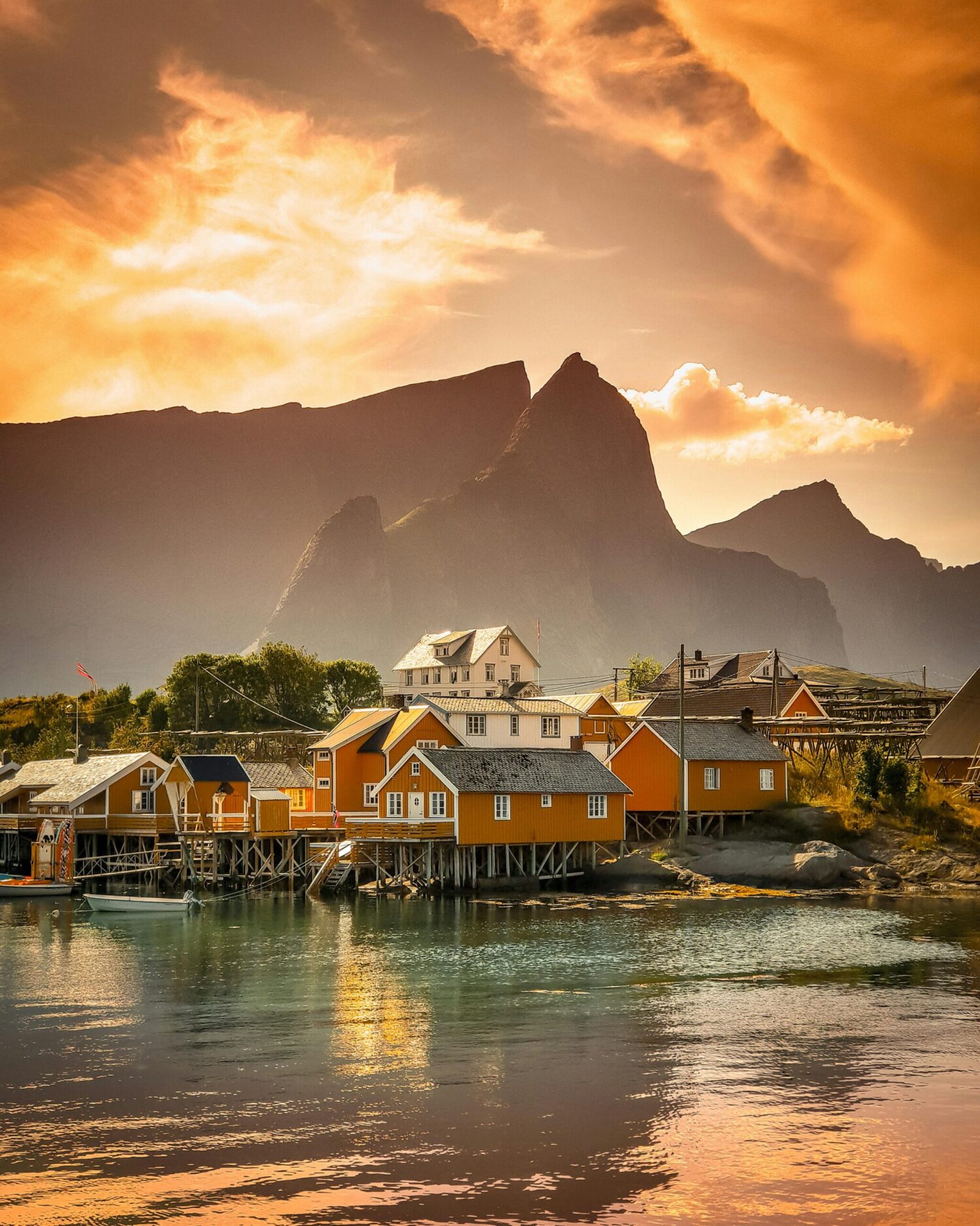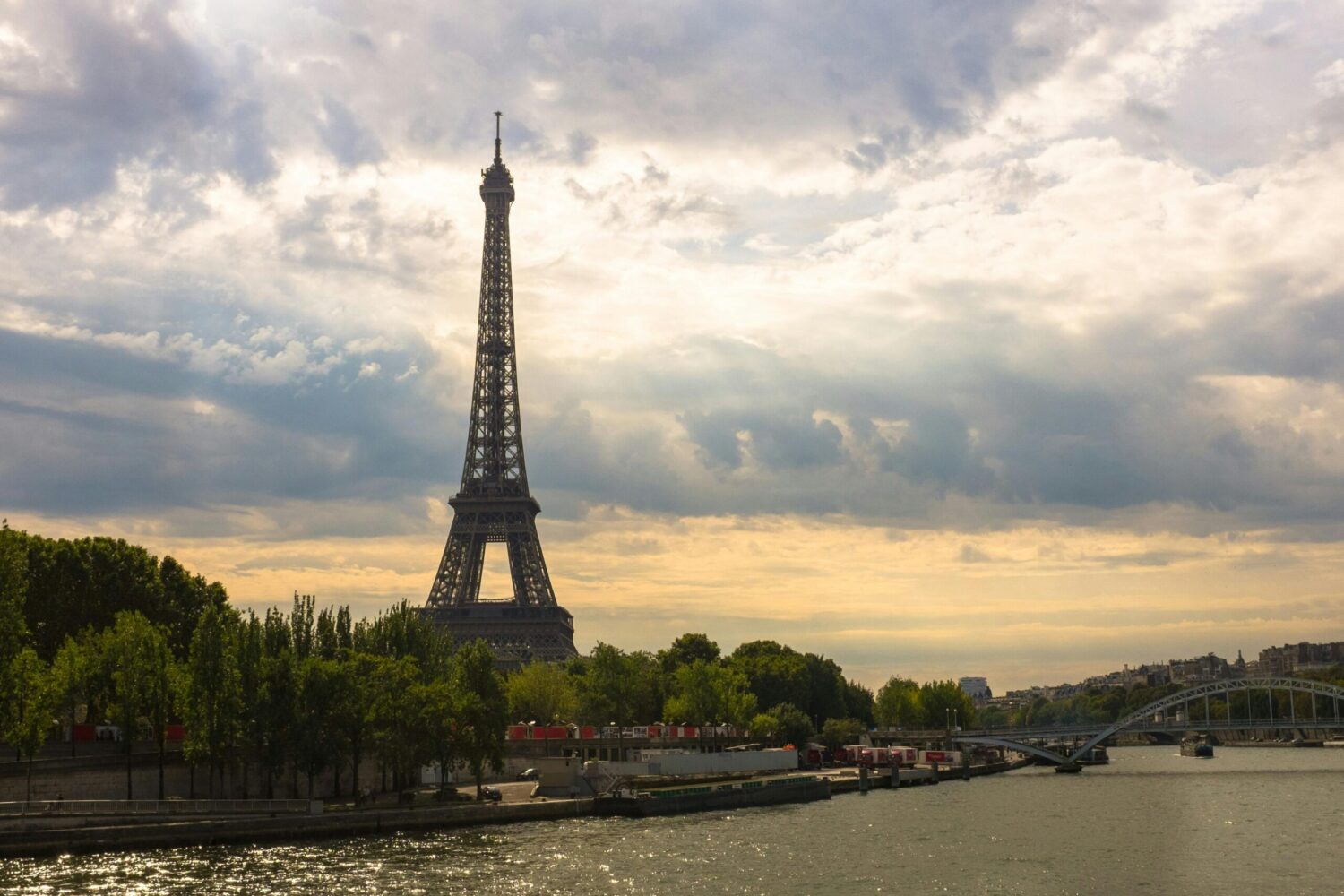By Martin Hoegger. www.hoegger.org
To understand the place of interreligious dialogue in the Focolare Movement, born during the Second World War, we must return to its’ sources. The recent interreligious congress, held in the Roman hills, began with a reminder of the “inspiring spark”.
This Movement was born out of living the page of the Gospel where Jesus prays for unity (John 17). It was 1943 during the Second World War. Everything was destroyed. The lesson that God gave them was clear: all is vanity of vanity, and everything passes away. Only God does not pass away so it was Him that she and her first companions choose as their “Ideal”.
Margaret Karram , the current president of Focolare, expresses her gratitude to Chiara Lubich: “She taught us how to dialogue and enter into relationships with others with the greatest respect, with passion and determination. At each encounter, she came back strengthened in her own faith and edified by that of others.”
As a Christian Arab, a citizen of Israel, Karram too lived this experience in a very intense way. She is convinced that it is possible to find new paths through dialogue. She spoke of it God calling us to this ever urgent duty. “We are here together to live a unique human family, in its great diversity. May this congress give us the opportunity to share our experiences and deepen our friendship!
At the source of a charism
How can we put this great ideal of life into practice? For Chiara Lubich and her first companions, the answer is simple. She explains it in a video: we must do God’s will. The Gospel tells us that is what matters. A light, a charism a gift from God helped them understand that it is not only enough to put God in the first place in their lives, but also to love their neighbour, whoever they may be.
They then discovered that the Risen Lord fulfils his promises: “Give and it will be given to you”, “Ask and you will receive”. After a few months, hundreds of people wanted to share their Ideal. They understood that the words of the Gospel are true and universal.
After this initial experience in Trent similar communities were born. “The Gospel fills us with love, but it demands everything from us. He makes us welcome Jesus in suffering, where we must love Jesus crucified,” Chiara Lubich constantly repeats.
A Movement came to life that crossed the borders of all continents and Churches and was accepted by faithful of different religions.
The golden rule, at the basis of the desire for fraternity
In another video from 2002, Chiara Lubich explains that she has always felt comfortable with members of other religions: “We have so much in common, and the difference attracts me. I feel a great desire for fraternity when I meet members of other religions ,” she says.
She emphasizes the importance of the “Golden Rule ” – “ Do unto others as you would have them do unto you ” – which is common to all religions. This norm that the Holy Spirit has poured into our hearts is a summary of all Biblical laws. It calls for mutual esteem and constitutes the basis for living a universal fraternity. However, for those who do not know what it means to love, it is impossible to build fraternity. “To love means to die to your ego, to come out of yourself and listen to others to serve them. This is how the dialogue begins,” she insists.
In a 1998 video, Chiara Lubich further explains that a “charism” is a gift from God to achieve something specific. He manifested Himself to her as a great light that illuminated a new way of understanding the Gospel, emphasizing it as something to be lived. This spirituality, centred on love for God and neighbor, resonates with faithful of religions.
The “art of loving”
In Caux, above Montreux in Switzerland, Chiara Lubich was invited on 29th July 2003 to present her “art of loving ”. For Christians, this art has several qualities. It is first of all participation in the love of God. In the war times she understood that God alone does not pass, while everything was falling apart. God is a Father and we must respond to him as sons and daughters by doing his will. A father’s first wish is for his children to love each other, without discrimination.
Then “become one ” with others, by taking on their sufferings and joys, by entering into the other, by “ living the other ”, by being empty of oneself and acquiring a learning attitude. “ Become one: these words contain the secret of dialogue. This requires that we cast out of our hearts everything that prevents us from identifying with others. You have to be “poor in spirit”. This prepares our interlocutor to listen to us,” says Chiara Lubich.
Another requirement is to take the initiative to love. It is a risk, but God loves us that way. We were created as a gift to each other. Jesus offered us the example, he gave his life for us sinners.
This way of life is daunting if we are isolated, but together the impossible becomes possible. The presence of God in our midst, the fruit of our mutual love, energizes everything, as Jesus promises when he says that where two or three are gathered in his name, he remains in their midst (cfr Matt 18:20).
Finally, we must constantly remember that we cannot achieve anything good without accepting suffering, in a word the accepting the cross. This is not a theory, but an experience lived over many years with Christians from very diverse backgrounds.
Photo: Chiara Lubich with a rabbi of Buenos Aires
Other articles on this conference: https://www.hoegger.org/article/one-human-family/



